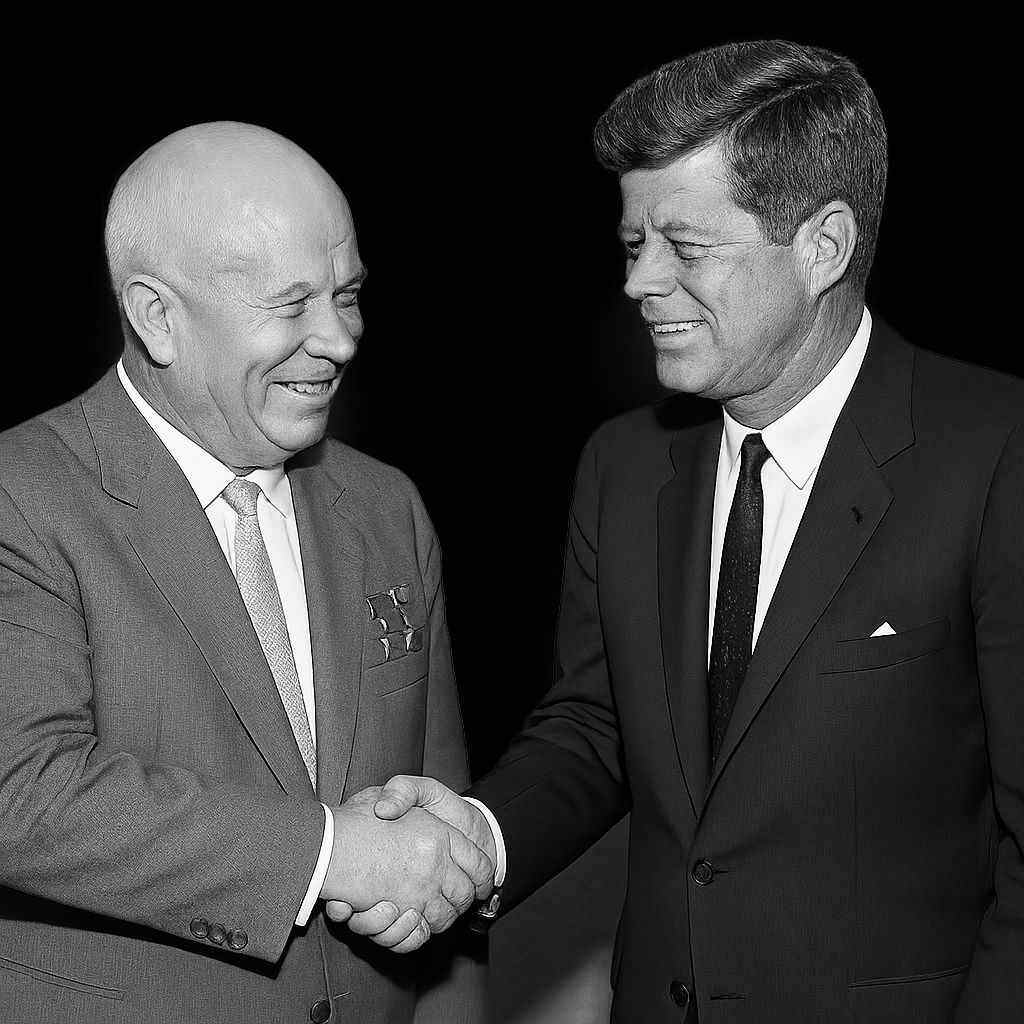
Nikita Khrushchev
The Soviet Premier who championed the space program
Rise to Power
Born into a peasant family in Kalinovka, Russia, Khrushchev rose through the Communist Party ranks during Stalin's era. After Stalin's death in 1953, he emerged as the leader of the Soviet Union, becoming First Secretary of the Communist Party and later Premier.
His leadership marked a significant shift from Stalin's era, introducing reforms and the policy of "peaceful coexistence" with the West, while maintaining competition through technological achievements rather than direct military confrontation.
Space Program Support
- Launch of Sputnik 1
- First human in space
- Propaganda victories
Key Policies
- De-Stalinization
- Peaceful coexistence
- Technological competition
Space Race Leadership
Khrushchev was the most enthusiastic political supporter of the Soviet space program, recognizing its potential for demonstrating Soviet technological superiority. He personally announced many early space achievements to the world, using them as powerful propaganda tools during the Cold War.
Under his leadership, the Soviet Union achieved numerous space firsts, including the launch of Sputnik 1, Yuri Gagarin's historic spaceflight, and the first woman in space, Valentina Tereshkova. These achievements helped establish the Soviet Union as a global superpower and validated the communist system in the eyes of many.
Legacy in Space
Khrushchev's support for the space program established a foundation for Soviet space exploration that would continue long after his removal from power in 1964. His emphasis on space achievements as a measure of national prestige helped drive the space race and advance human spaceflight technology.
He died in 1971, having witnessed many of the greatest achievements of the Soviet space program that he had championed. His legacy includes not only the political reforms of the "Thaw" period but also the establishment of space exploration as a key element of Soviet national identity.